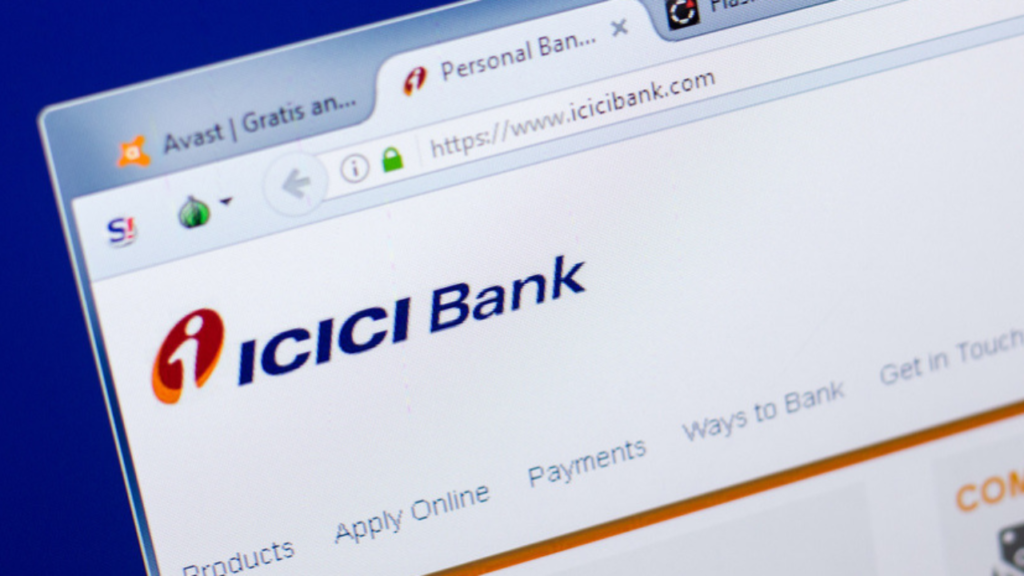ICICI Bank, India’s second-largest private lender, found itself in the spotlight on Thursday due to a data glitch affecting nearly 17,000 newly issued credit cards. These cards were mistakenly linked to the wrong users in the bank’s digital channels, prompting concerns about data security and privacy breaches.

The Technical Snag
According to a bank spokesperson, the glitch occurred when new credit cards were erroneously assigned to existing customer accounts in the bank’s online platforms. This led to a situation where customers could potentially access details of credit cards intended for others when viewing their accounts online, raising alarms about data confidentiality.
Alarming Revelations
Customers took to social media platforms to express their apprehensions, particularly regarding the security of the iMobile Pay app. Reports emerged of users encountering sensitive credit card information, including full card numbers and Card Verification Values (CVV), within the app itself. This unexpected exposure of private data underscored concerns about the efficacy of ICICI Bank’s security protocols.
ICICI Bank’s Response
In response to the incident, ICICI Bank swiftly took action:
- All affected cards were promptly blocked.
- New cards will be issued to the intended recipients to rectify the error.
- The bank assured customers that no instances of misuse had been reported, and it pledged to compensate any user who suffers financial losses due to the glitch.
Under Regulatory Scrutiny
The data breach occurred against the backdrop of heightened regulatory scrutiny by the Reserve Bank of India (RBI) regarding data security lapses in the banking sector. Coming just a day after the RBI imposed strict business restrictions on Kotak Mahindra Bank for similar concerns, the incident puts ICICI Bank under increased regulatory scrutiny.
Moving Forward
Despite ICICI Bank’s assurances that the affected cards represent only a small fraction of its total credit card portfolio, the incident serves as a stark reminder of the critical importance of robust data security measures in the banking industry. As technology evolves and digital banking becomes more prevalent, safeguarding customer data must remain a top priority for financial institutions.












